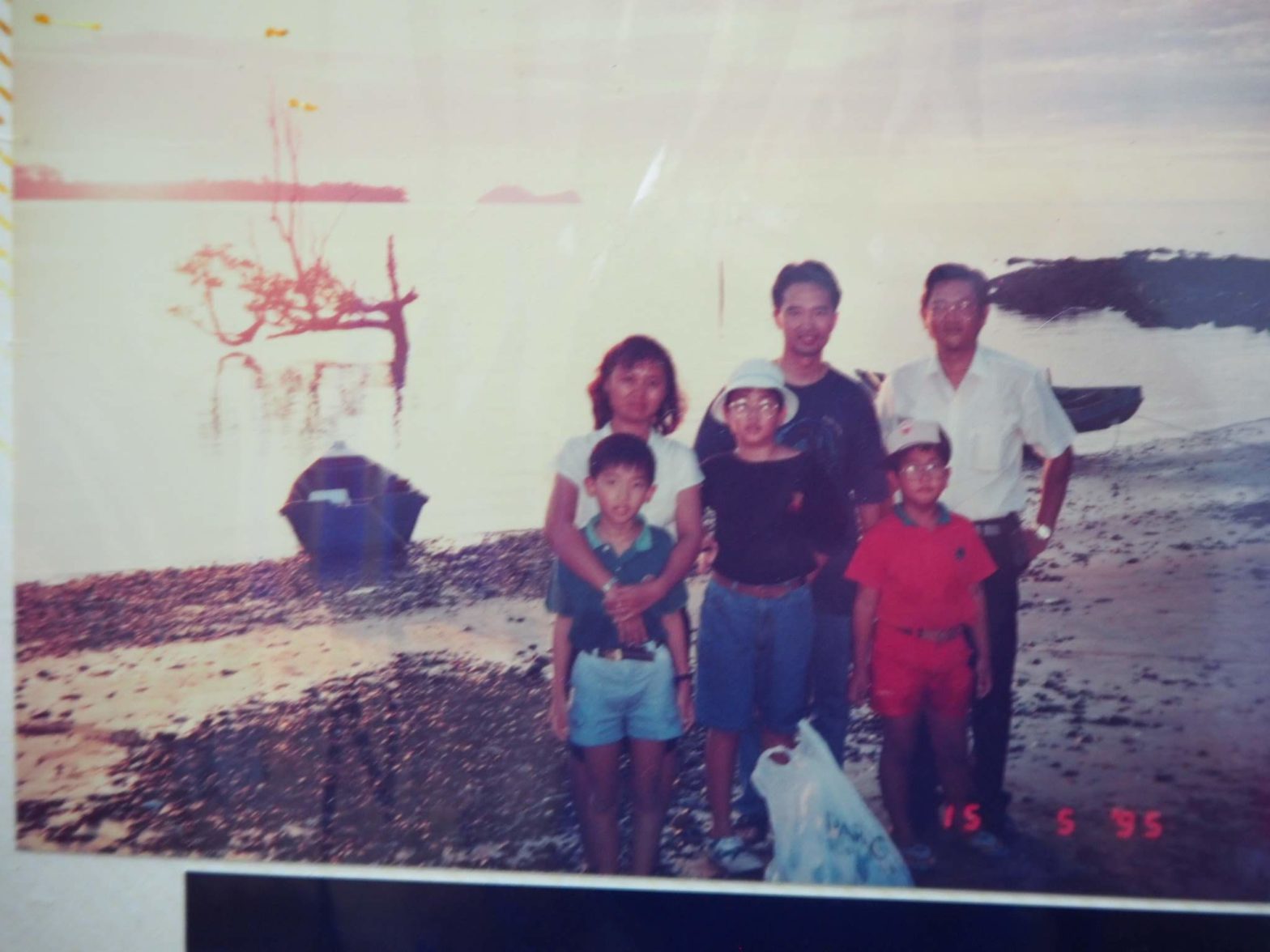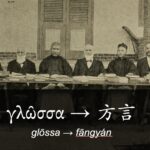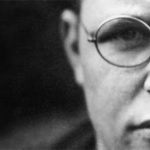One of my favourite moments from 2019 was finding Linda kakak.

My siblings and I grew up in a middle-class Malaysian Chinese family. My memories are hazy, but Linda was always part of our household. We called her kakak (big sister). Officially she was hired as a house help. But Linda did more than help with household chores. Growing up, she was a big sister, teacher, chef and confidant. She potty trained us, taught us how to buy veggies, mediated sibling squabbles, and listened to us. There were things that were a bit different. She’d eat separately to us. We could ask her to cook something we liked (but it needed to be polite). And some weekends, she’d hop on a bus out of town to visit her family. But otherwise, kakak seemed like part of the family.
In the early days, she’d speak to us mostly in Bahasa, and we’d reply back in English. Eventually she learnt how to speak to Mum in broken Mandarin, and with us using her unique “rojak” mixture of English and Bahasa.
After immigrating to New Zealand as older children, we’d chat with Linda on the occasional phone call or send a fax. Each time we flew back to visit (balik kampung), she’d still be there: still keeping the house running, but also gradually taking on responsibilities at my dad’s medical practice.

The last time I saw Linda in person was when my brothers and I flew back in 2006 for my mum’s funeral (it was sudden and sad). Linda was there when we bawled our eyes out at the front door reunion with Dad and my sister (then a high-school student in Malaysia). Much later, I learned that the morning mum collapsed, Linda was the one who cried out: “Mum’s fainted!” In the blur of incense and insomnia, house guests and heartbreak, Linda quietly bought food, folded laundry, and restocked tissues. Two weeks later, when my brothers and I returned to New Zealand, we said bye to Linda too. “Strong ah”, she said. We promised we’d keep in touch.
In the months following, we only heard snippets: she’d had an argument; she left the house without saying goodbye; she was spotted working at a hawker centre. Then years went by without a word.
Each time we asked relatives and friends back home: “Have you seen kakak?” No one could give a good answer. There was an occasional sighting once or twice. But Linda had disappeared from our lives, and we never got to say thank you or goodbye.
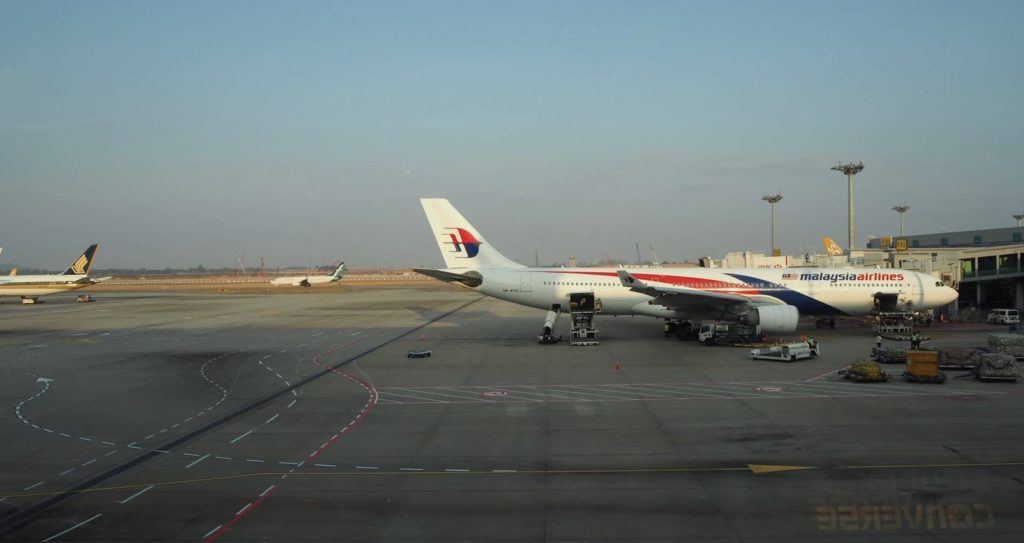
2019 was meant to be the year we reunited as siblings for a holiday, but it didn’t work out. Instead, I took a few days off in August to balik kampung on the cheapest flight available (pre-Covid of course). It turned out that half our family would be in Malaysia then: my sister, my dad, my new stepmum. And half a reunion seemed better than none at all.
It was my first visit in nearly a decade, and 13 years since mum died. And I didn’t know fully why at the time, but for some reason it felt like this would be our last chance to find kakak again.
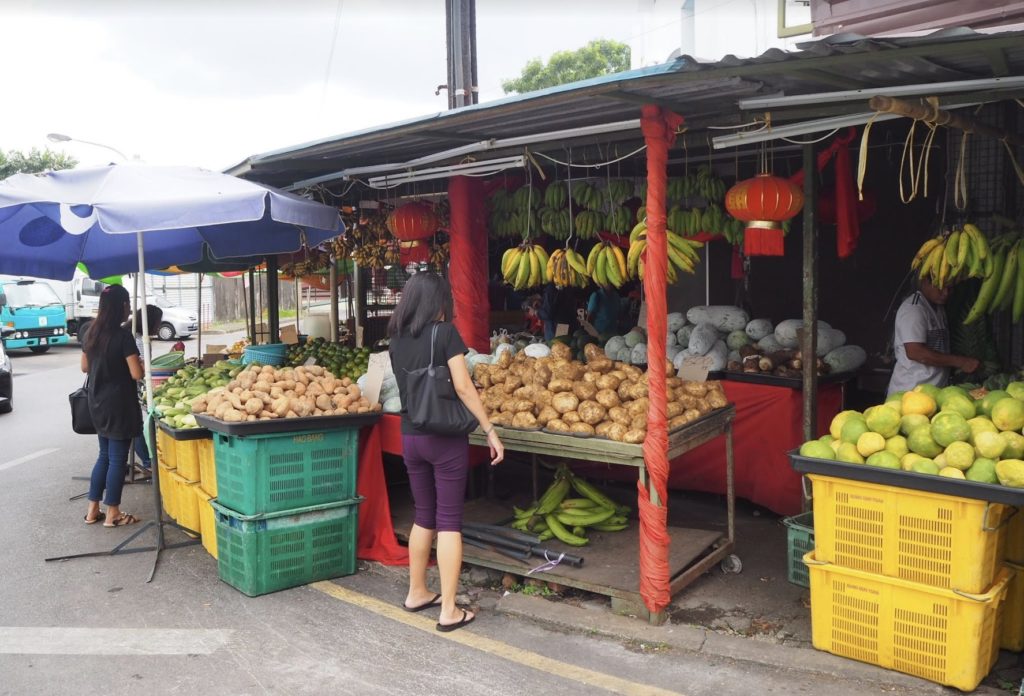
As we visited old childhood haunts and relatives, I tried asking again: “Do you know where Kakak is now?” My dad and stepmom weren’t sure, but eventually we found the address of the hawker stall where she last worked 9 years ago. And we had an old phone number and contact of a gardener who knew her (he’d since died).
The day before I was due to fly out, dad dropped me off at the hawker centre. In my broken Bahasa (ironically, only possible because Linda used it with us as children), I tried asking some of the staff if they’d recognised her. I showed them her photo. One or two remembered her. She’d worked at the noodle stall for a few months, then left again. Other staff gathered round, curiously observing an expat in his thirties stumbling over words in search of a long lost love. “I’ve heard of other people looking for their kakaks too, it’s quite common,” one said. “So sweet.”
“I think this is all I have,” I messaged our siblings chat group. A name and number from an old medical record. A last sighting, an approximate geographic area. It didn’t seem like much, but Henry was happy to have a go at finding her online. “I have some Facebook Ad Credits.” In a couple of minutes, he’d set up a page asking: “Have you seen Linda kakak? Pernahkah anda melihat kakak terkasih kita?” He targeted the advertising to Bahasa-speakers who lived within a certain radius from the hawker centre.
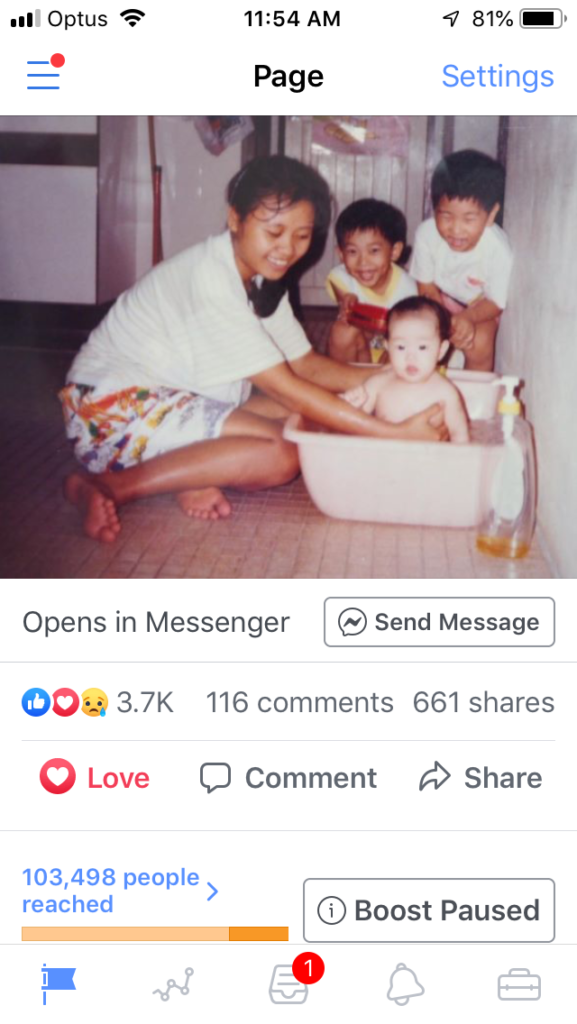
Call it Facebook algorithms if you like. Or a well-executed viral campaign. To me, it was a miracle. Within a few hours, my phone was lighting up with comments and possibilities and hope. The post reached over 100,000 views. As I boarded my first flight home, I dared to believe.
“I’m her cousin.” “I’m her sister.” We were getting close.
Finally, in a transit lounge in Singapore, a photo appeared in my inbox that made me sob grateful tears.

Kakak has aged so much. She lives in a remote village in Indonesia with no phone signal. She doesn’t have Whatsapp or Messenger. She has two children of her own now, Wendy and Gonzales. (Wendy has Down’s Syndrome and a heart defect). Part of me wonders how she feels about trading her youth and mothering years for us, only to be raising her own now.
We’ve talked once on the phone. Kakak’s voice sounded the same, just more tired. In faltering Bahasa, English, whatever words could come out, we talked again. She’s so remote that it’s hard to get through to her often. But at least we know now that mail gets through, thanks to relatives who can access postal services.
If I could sit with Kakak face to face again, I’d thank her for putting up with toilet training attempts. For what little Bahasa I still have. For shaping us into who we are today. For her quiet, selfless heart. Perhaps I’d find out what happened, why she left. What it was like to leave your family, to work and sojourn in a foreign culture, for the sake of those you love and to give them a better future.
As I reflect on our pandemic year where so many of us are physically separated, I’m still immensely grateful for all the friends who helped us to find Linda kakak again.
When people ask me what we learned about finding Linda kakak, I like to quote what my brother says.
Keep looking after one another. And always remember those who raised you when you were young.
WH, 19.8.2020
